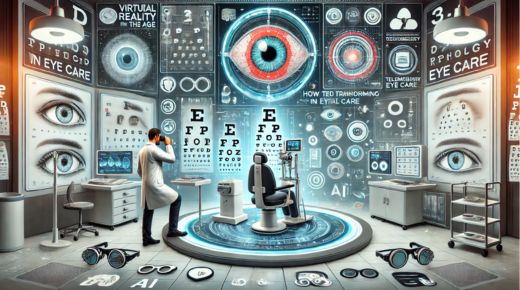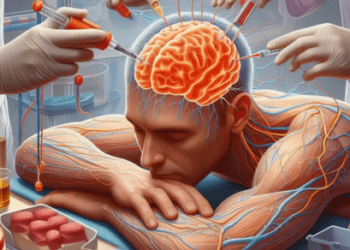
Vision rehabilitation is a crucial part of eye health. It helps improve life quality for those with vision loss. Ophthalmologists play a vital role here. They assess, diagnose, and guide treatment plans. In places like Ophthalmology florida, they offer specialized care. This care helps patients manage and adapt to changes in vision. With the right support, many can maintain independence and engage fully in daily activities.
The Essential Role of Ophthalmologists
Ophthalmologists are medical doctors specializing in eye and vision care. Their training allows them to provide comprehensive eye exams, diagnose and treat eye diseases, and perform surgeries. In vision rehabilitation, their expertise is invaluable. They help determine the extent of vision loss and recommend appropriate interventions.
Steps in Vision Rehabilitation
Vision rehabilitation involves several steps to maximize remaining vision. Here’s how ophthalmologists contribute:
- Assessment: They begin with a thorough eye examination to identify the specific needs of the patient.
- Diagnosis: Based on the assessment, they diagnose any underlying conditions affecting vision.
- Treatment Plan: They create a tailored plan that may include medical treatment, vision aids, and therapy.
Common Conditions and Treatments
Ophthalmologists deal with various conditions that require rehabilitation. Here are some common ones:
| Condition | Treatment |
| Cataracts | Surgery to remove cloudy lens |
| Glaucoma | Medications or surgery to reduce eye pressure |
| Macular Degeneration | Injections or laser therapy |
Assistive Technologies and Tools
Beyond medical treatment, ophthalmologists may suggest tools and technologies to aid vision. These include:
- Magnifying lenses for reading and detailed work
- Text-to-speech software for computer use
- Screen readers for accessible web browsing
Collaboration with Other Professionals
Effective vision rehabilitation often involves a team of specialists. Ophthalmologists frequently collaborate with:
- Optometrists: They provide vision therapy and prescribe glasses or contact lenses.
- Occupational Therapists: They help patients adapt their daily activities to their vision limitations.
- Rehabilitation Specialists: They offer training in using assistive devices effectively.
Staying Informed and Updated
Ophthalmologists stay informed about the latest advancements in vision rehabilitation. They attend workshops and conferences and engage in continuous learning.
Conclusion
Ophthalmologists are key figures in vision rehabilitation. They provide essential care that helps individuals adapt to vision changes and maintain quality of life. Through assessment, treatment, and collaboration, they ensure patients receive comprehensive support. Continual advancements in the field promise even more effective solutions in the future.












